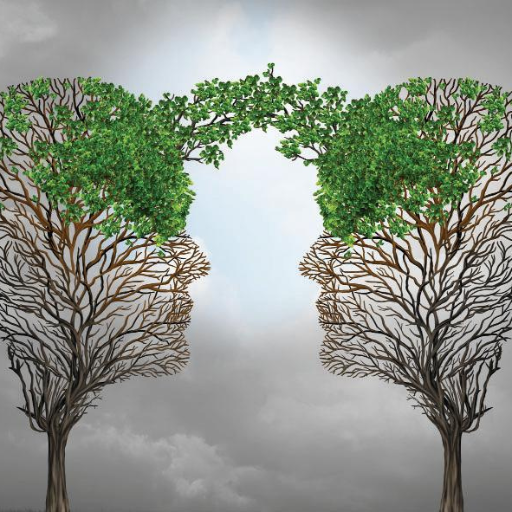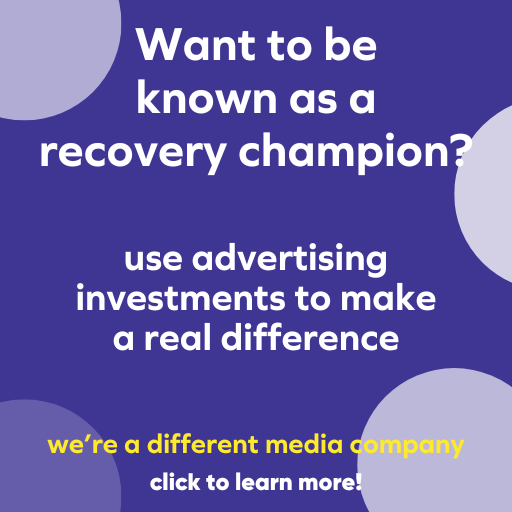The mutual benefits of Sponsorship in AA
Often we compare the long descent into addiction to walking into the woods and getting lost. One day we realize that we have strayed far from the path we wanted to take and instead are disoriented, alone and believe there is no way out.
That’s where alcoholism took me. I had drunk myself out of most meaningful relationships and hid my drinking so that no one could bring it to my attention. I had no idea how to regain those things and I couldn’t stop drinking.
When I finally surrendered to my powerlessness over alcohol, I knew I needed help but had no idea where to fi nd it. I had heard of alcoholism and Alcoholics Anonymous (AA), but that was as far as it went I made my way to my fi rst AA meeting where I heard people sharing their daily approach to solving the drink problem.
They said that working the twelve steps of AA would give me a daily reprieve from having to drink. And they suggested, just like being lost in the woods, that I would fi nd my own solution faster if I had a guide–someone to show me the path they had taken to get back to sanity. In AA we call that guide a Sponsor.
Sponsorship happens when one alcoholic or addict who has had some success in recovery shares their experience with another who wants to stop. The two walk shoulder-to-shoulder in mutual support of each other’s sobriety. The Sponsor needs the Sponsee just as much as the other way around.
Early in AA’s formation, Bill W., one of AA’s co-founders, sought out an active alcoholic to work with because he knew that doing so would help him. It might also help the other. But Bill was assured another sober day if he could fi nd someone to whom he could give his precious gift of sobriety.
It took me six miserable months of not drinking and not working with a sponsor before I was finally willing to ask for help.
Alcoholism centers in the mind and without alcohol to mask the true nature of my disease, I was getting more and more aware of just how sick I was.
Finally, as a “stark raving sober” woman, I asked a woman to sponsor me and she said she would be honored.
Here are some things we discussed in that first conversation— the beginnings of her showing me the path out:
She asked if I was willing to go to any length for my sobriety. I said “yes.” I had to say yes because life as I was living it was intolerable. I had no alcohol and I had no solution for alcoholism. Yes, of course I would go to whatever length it took to recover from this disease!
She told me that there are three vital attitudes that would help me be successful: Honesty, open-mindedness and willingness. She asked if I could be those things. I said “yes” to open-mindedness and willingness.
I was very open to her suggestions and willing to do whatever it took. I balked, though, on honesty because I knew my own penchant for lying. I would lie and not even know why I had lied.
She assured me that if I was willing to go through with it, working the twelve steps would teach me how to be honest, as it has proved to do.
She told me to bring a copy of AA’s Big Book, our fond name for the textbook, “Alcoholics Anonymous,” to her house at a designated time. We would use that book to learn how the first 100 recovered alcoholics found their solution, and we would do just what they did. As a result, I, too, would recover from alcoholism, which has also proved true.
That was the beginning of my trek out of the woods and back to a sane and useful life. Today, I still work with a sponsor daily who passes on her experience to me.
She helps me see where I am working the steps effectively and where I could focus more closely. And now, I have the honor of sponsoring others.
When someone asks me to work with them, I pass on what was so freely given to me with a happy heart. Because, just as with Bill W., I know that working with another gives me insurance against a slip back into the insanity of alcoholism.
It is an honor, a privilege, and a God-given gift.





